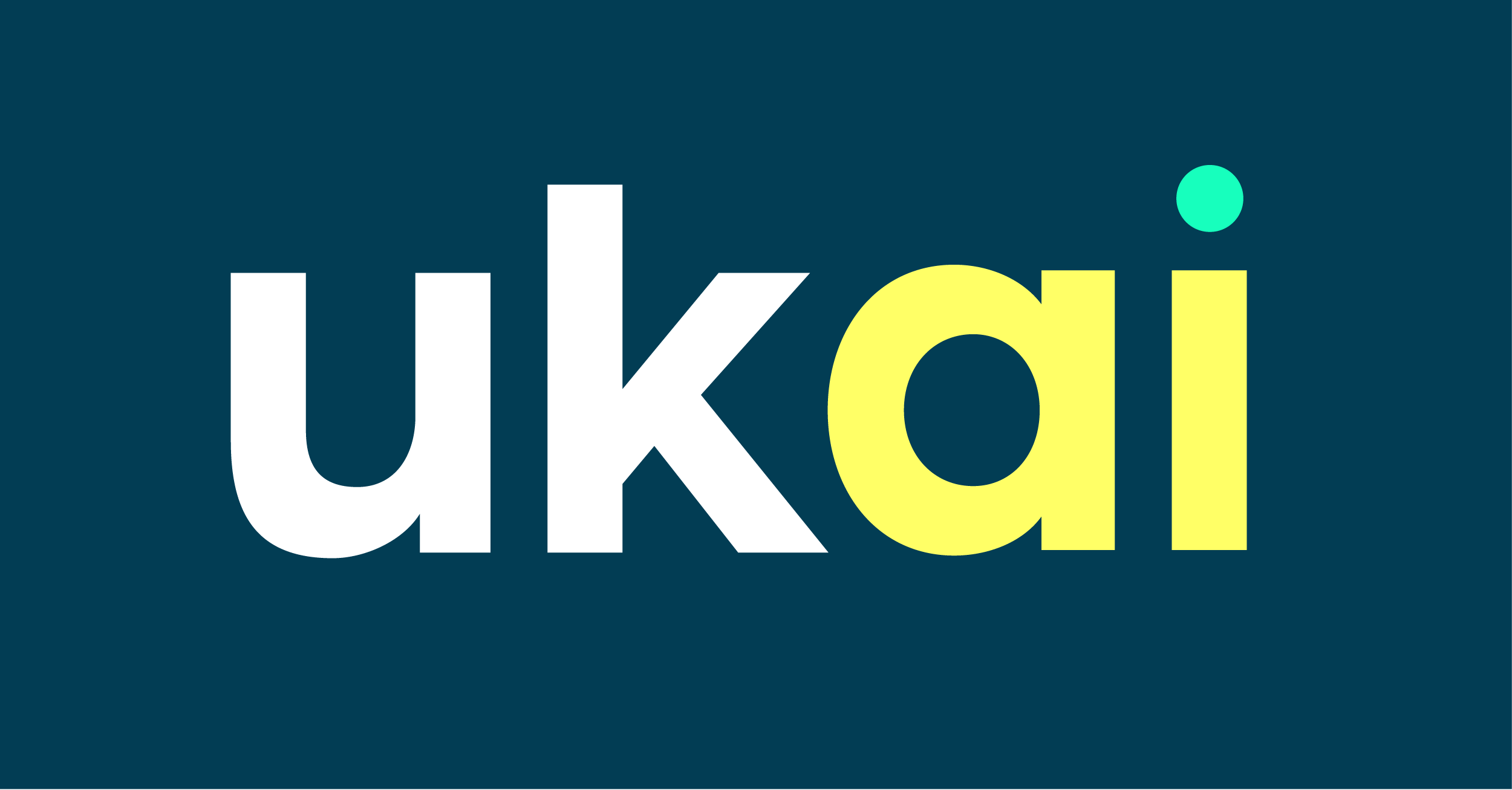AI Tools Under Scrutiny as UK Study Finds Widespread Inaccuracy in Consumer Advice
The study arrives amid surging AI adoption in the UK, where nearly half of adults now turn to AI for online information. But the findings show AI tools often cite outdated sources, misstate key details like ISA allowances, and even contradict NHS guidance. With AI hallucinations and sourcing issues still rampant, experts are urging users to treat these tools with caution.
Despite their shortcomings, AI systems continue to be widely trusted. Yet many users falsely believe AI responses are based solely on expert sources. Consumer advocates warn that blind trust is risky, especially in critical areas like health or finance. “These tools are not yet ready to replace professional advice,” said Andrew Laughlin of Which?.
Developers acknowledge the challenges. OpenAI and Google have pointed to improvements in their latest models and issued reminders to verify AI outputs. But as global concerns mount—from AI-enabled election misinformation to inconsistent mental health advice—the message is clear: oversight, education, and transparency must underpin the UK’s AI ambitions.
If the UK is to lead in responsible AI innovation, a robust focus on safety, accountability, and user awareness will be essential. This is not just a technological issue—it’s a public trust imperative.
Created by Amplify: AI-augmented, human-curated content.





